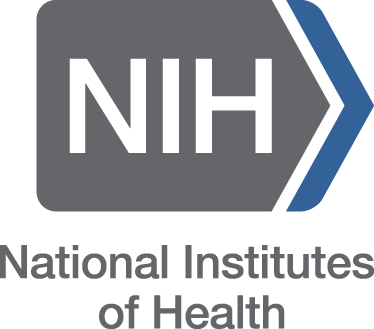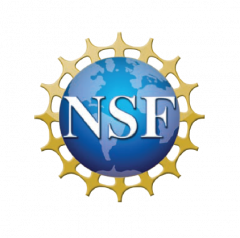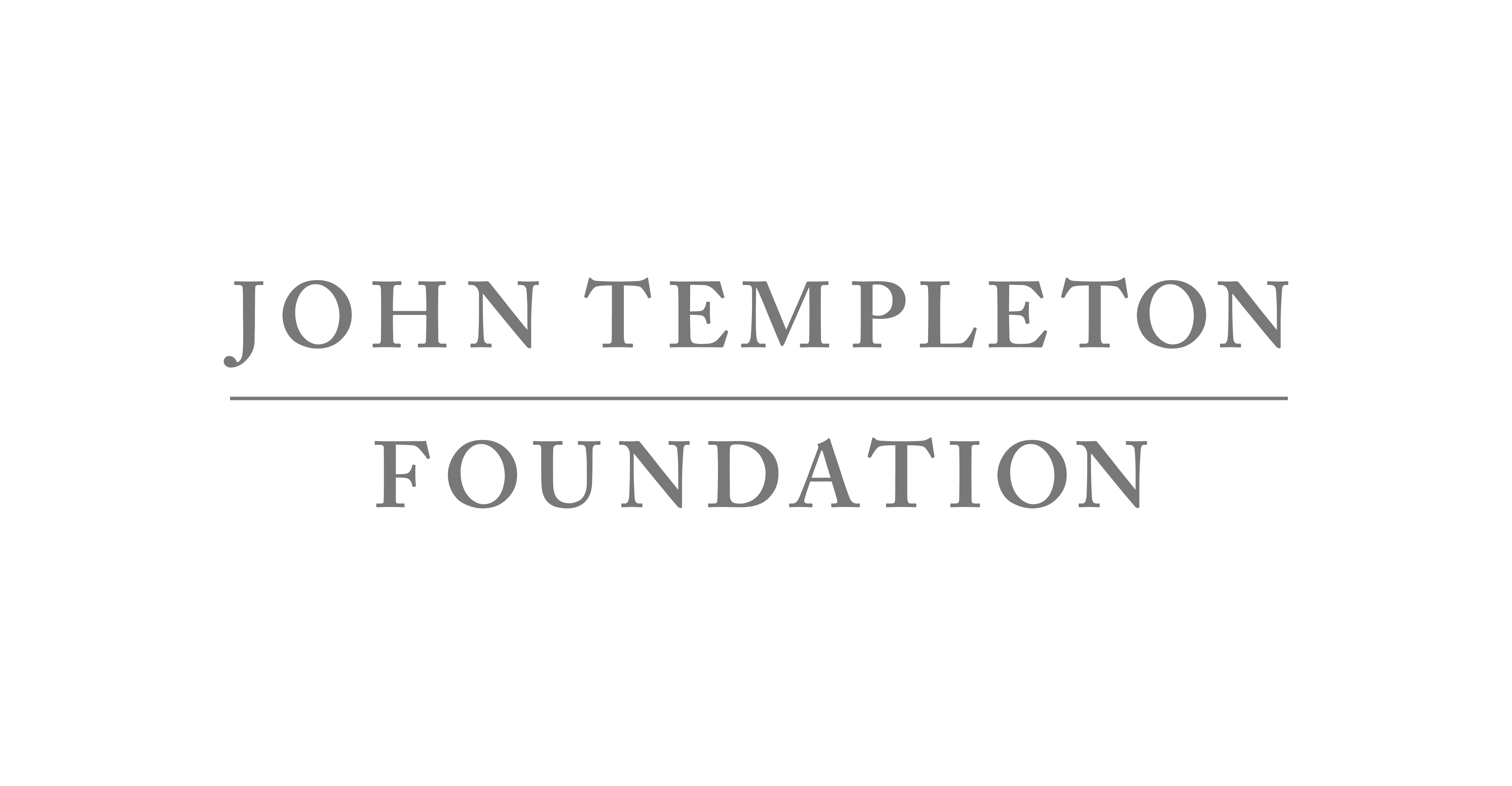
Why We Study Children
Children begin learning about the world and how it works from the moment they are born, and they rapidly acquire a wide variety of knowledge over the first years of their life. At Harvard's Laboratory for Developmental studies, we are interested in how this early learning happens and how it changes over time. By studying how children think and learn throughout development, we can gain a better understanding of how the adult mind works. Studying cognitive development also has practical applications, allowing parents and educators to help children learn better and helping create better interventions for children with developmental disorders.














